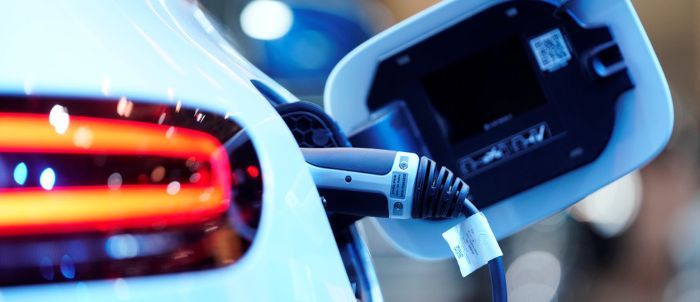(3 Minutes Read)
The Electricity Control Board (ECB) has approved a regulatory framework to oversee the installation and operation of electric vehicle (EV) charging infrastructure in Namibia. This initiative aims to facilitate the country’s shift towards sustainable transportation.
The Electricity Control Board (ECB) has approved a regulatory framework to oversee the installation and operation of electric vehicle (EV) charging infrastructure in Namibia. This initiative aims to facilitate the country’s shift towards sustainable transportation. The Electric Vehicles’ Charging Infrastructure Regulatory Framework was approved at the ECB’s August 2024 meeting and outlines essential regulatory requirements for the sector. It specifies the conditions for establishing charging stations and includes guiding principles and recommended standards for EV infrastructure.
ECB CEO Robert Kahimise announced that the framework will be implemented in phases, beginning in April 2025. He stated, “In the new financial year starting in April 2025, the ECB will launch the Framework Implementation Plan. This will begin with the adoption of standards in partnership with the Namibia Standards Institute (NSI), followed by a consumer education campaign to help the public understand the Framework and its implications.”
This regulatory framework is part of Namibia’s efforts to grow its EV market in line with global sustainable energy trends. However, analysts caution that infrastructure issues may impede widespread EV adoption. Simonis Storm Economist Almandro Jansen pointed out that while Namibia’s commitment to sustainable energy and potential government incentives could boost EV adoption, the lack of charging stations is a significant obstacle. “Without infrastructure investment, adoption will likely be slow, with EVs mainly in urban areas,” Jansen said.
He also noted changing vehicle import patterns, as Namibia primarily imports from South Africa, Japan, and the EU. A decline in Japanese exports, particularly from brands like Nissan and Honda, could lead to increased imports from China and Europe, potentially bringing in more affordable hybrid and electric vehicles. “The government’s role in promoting this transition through import duty policies and tax incentives will be crucial in shaping Namibia’s vehicle market. Policies regarding vehicle taxation, EV incentives, and trade agreements will significantly impact the future of Namibia’s automotive sector,” Jansen explained.
Read Also:
https://trendsnafrica.com/wb-contemplates-green-financing-with-development-bank-of-namibia/
Currently, Namibia has about 100 electric vehicles on the road, with the Nissan Leaf being the most common. To facilitate EV adoption, the country is actively working to establish charging stations nationwide. M&Z, a key player in the automotive sector, has already launched a fast-charging station with a capacity of 60 kW/h. Namibia aims for a greener transportation system, targeting the conversion of 96,500 light vehicles to battery electric vehicles (BEVs) by 2025.





